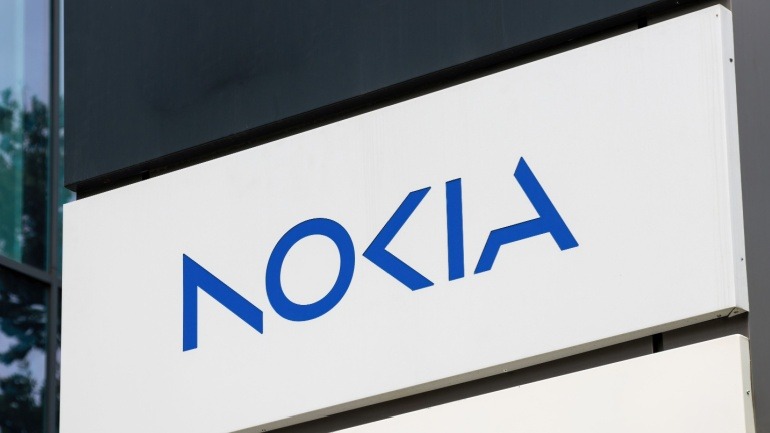Europe’s digital infrastructure wave is captivating stakeholders, especially data centers. A €1.7 billion Deutsche Glasfaser deal highlights this boom amid complex AI Gigafactory delays. As demand for cloud computing and VoIP services rises, data center investments promise growth despite energy challenges. Fibre networks further boost connectivity, vital for VoIP advancements.
As Nokia pursues a cost-saving strategy, an additional 300 job cuts in Greece and Italy loom, sparking protests across Europe. These layoffs contribute to a broader restructuring plan, impacting Nokia’s enterprise campus edge, microwave radio, and fixed-line access. Amidst significant workforce reductions, employees remain steadfast in opposing these measures.
Telefónica is removing Huawei from its 5G networks in Spain and Germany to follow local rules. The company still works with Huawei in Brazil where no restrictions apply. This shift reflects Europe’s tougher stance on Chinese telecom vendors and the need for regional strategies.
Oracle is investing $3 billion to expand its AI and cloud infrastructure in Europe, focusing on the Netherlands and Germany. The move supports rising demand for sovereign cloud services and digital transformation, with major boosts in Amsterdam and Frankfurt.
Boldyn Networks is reinforcing its European presence with a new strategic structure, unifying operations and leadership across key markets. The integration of Smart Mobile Labs and recent industry recognition highlight its ambition to lead in advanced connectivity solutions for public and private sectors.
Major European firms, including Airbus and BNP Paribas, are urging the EU to delay the AI Act, warning that its complexity could hinder innovation and global competitiveness. While supporting regulation, they call for simpler rules to ensure Europe maintains its AI leadership.
Amazon Web Services’ upcoming European Sovereign Cloud in Germany signals a strategic shift in VoIP and cloud services, ensuring stringent data sovereignty and regional control specifically for Europe. This move aligns AWS with local data requirements, emphasizing compliance, security, and reliability—critical factors for businesses and public entities relying on cloud technology.
Twelve major European mobile operators urge regulators to allocate the upper 6GHz band for mobile use, warning that delays could hinder Europe’s 6G future. They argue the spectrum is vital for innovation and say Wi-Fi already has enough capacity, stressing the need to secure Europe’s technological edge.
Rakuten is reinforcing its European ambitions with a new tech centre in Paris, bringing together experts in AI, cloud, and platform engineering. The hub will drive innovation across its services while fostering collaboration with Rakuten France.
FCC Chairman Brendan Carr has warned EU nations about growing reliance on Starlink, highlighting risks of over-dependence on a single satellite provider. European officials share concerns, especially as geopolitical tensions rise. While local alternatives like OneWeb emerge, the EU faces tough challenges in securing technological autonomy.













